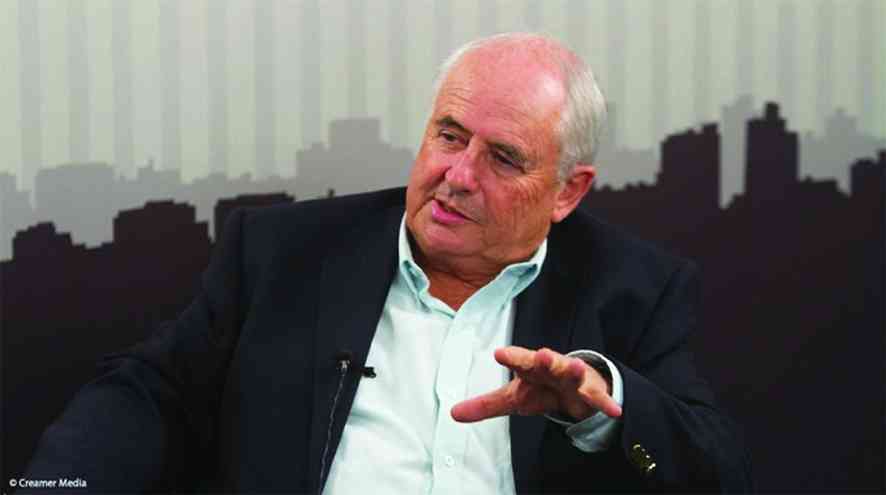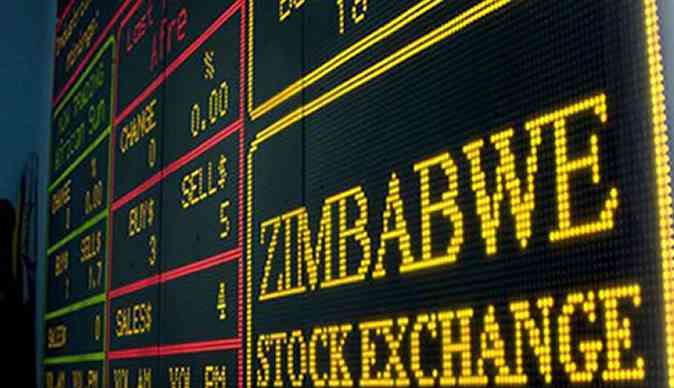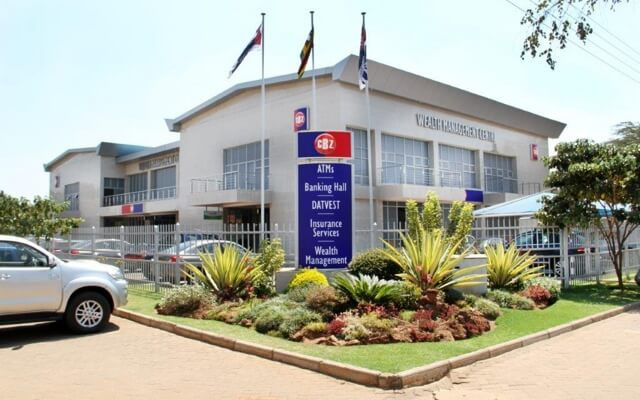
BY BUSINESS REPORTER CALLS are growing for the government to review taxes and duties levied on the telecoms industry to allow the sector to weather viability challenges it faces.
This comes after the Parliamentary Portfolio Committee on ICTs, which toured Econet Wireless facilities in Harare this week, learnt of the issue.
Zimbabwe’s telecoms industry has been affected by high operational costs emanating from high input costs — most of which are foreign-currency-denominated.
The country is battling serious foreign currency shortages, rising inflation, erratic and inadequate power supply and low aggregate demand.
Warren Park Member of Parliament Shakespeare Hamauswa, a member of the ICT Portfolio Committee, asked why telecommunications companies were not enjoying tax breaks or incentives when importing equipment and accessories.
Econet deputy chief executive officer Roy Chimanikire said the company continued to engage authorities.
“The industry’s tax burden is quite high, and that’s an area we hope engagements such as these can result in a review by the policymakers.
“For instance, we pay a 5% health levy, 15% value-added tax, 25% corporate tax, 3% universal services fee, 2% IMT tax and this is over and above the US$137 million we (Econet) paid for the renewal of our licence a few years ago,” Chimanikire said.
- Chamisa under fire over US$120K donation
- Mavhunga puts DeMbare into Chibuku quarterfinals
- Pension funds bet on Cabora Bassa oilfields
- Councils defy govt fire tender directive
Keep Reading
The industry is also appealing for a reduction, or removal of duty, for mobile devices along with the 5% duty on infrastructure renting and data purchasing, which it says results in double taxation.
Chimanikire said local industry’s cost structure was higher than that of operators in the region due to peculiar challenges Zimbabwe is facing.
“For instance, Mascom in Botswana probably spends much less on diesel to power backup generators on their network than we do. The same also applies to telecom players in other markets who don’t have to navigate most of the operational challenges we face here in Zimbabwe,” he said.
The committee’s tour of Econet came at a time when appeals to the government to reduce multiple taxes levied on the telecoms industry to enhance operational viability and new investments have been increasing recently.
Early this week, Telecommunications Operators Association of Zimbabwe representative Angeline Vere, who is also CEO of Telecel Zimbabwe, told a Postal and Telecommunications Regulatory Authority of Zimbabwe workshop that there was a need for the government to reduce the sector’s taxes.
“We are also appealing to the regulator to discuss with the Ministry of Finance and all other stakeholders the reduction of the over-taxation of the industry,” she said.
In its latest annual report, Econet said it paid a total of $12,2 billion in taxes in the financial year ending February 2021 — a third of its total revenue, and more than 14 times its net profit.
Chimanikire noted that Zimbabwe’s smartphone penetration was very low at 52%, compared to about 90% for South Africa and 80% for Kenya.
Follow us on Twitter @NewsDayZimbabwe











